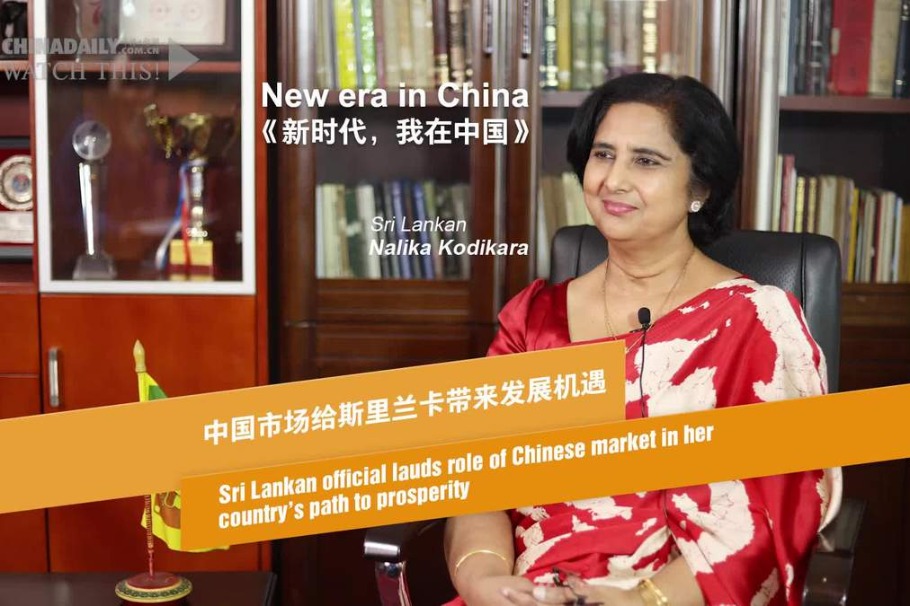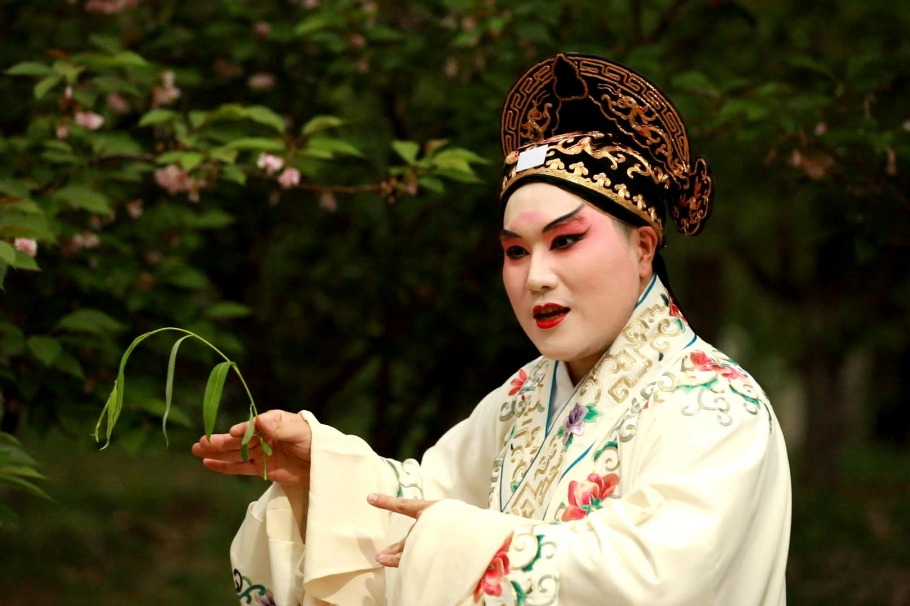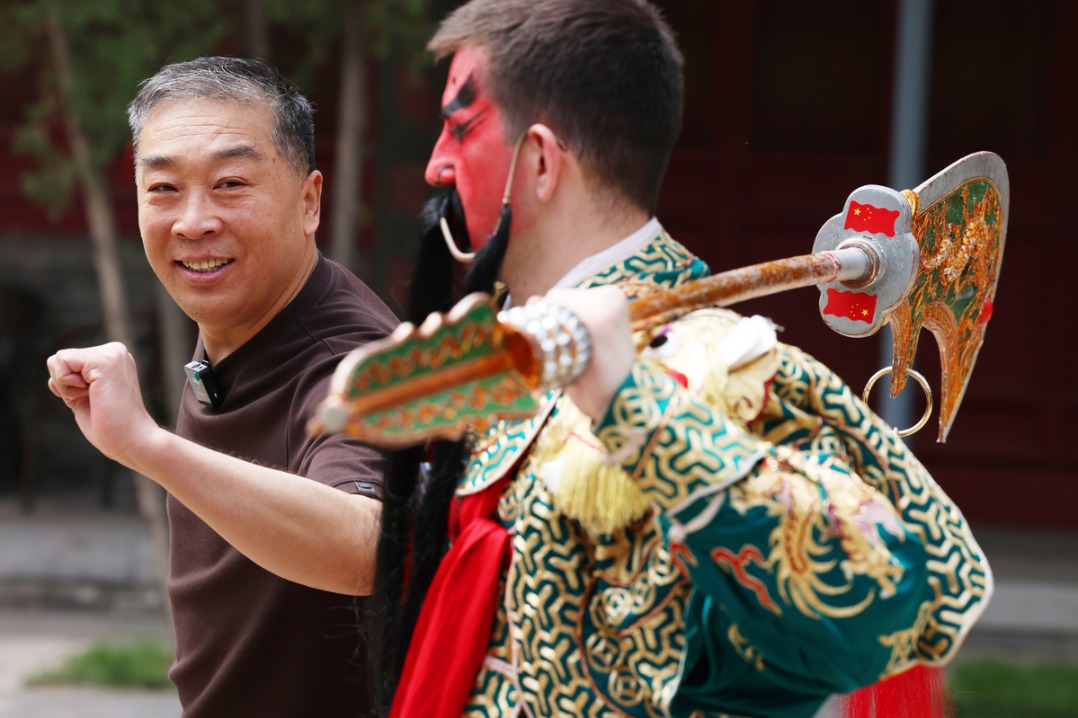Matters of the heart out in the countryside
By Fang Aiqing | China Daily | Updated: 2019-11-02 09:25
They also help to update the villagers' health files, arrange referrals to larger city hospitals for severely ill patients they are unable to treat, and help them handle health insurance procedures, says Tashi Nyima, whose team of four family physicians has been assigned 645 villagers to look after this year.
They have been providing free health checks for the villagers for about 10 years, Amei says.
It takes time for the doctors to learn that they need to carry out their duties in accordance to the bioclocks and life habits of the villagers, and to give feedback in time. With doctors' diagnosis, the villagers would be more willing to take doctors' advice, like taking less oil and salt.
And it also takes time for the villagers to understand the importance of healthcare and preventing the diseases by developing healthy living habits, Amei says.
Villagers now know a lot more about chronic diseases thanks to health lectures given by the family physicians that include dietary guidance, training on how to measure one's own blood pressure and blood glucose at home, and that will eventually provide advice on what to do in emergencies.
When Xu stayed in the township he visited a patient living in the mountains who had rectal cancer and who had undergone eight rounds of chemotherapy.
Rural people usually lack awareness of how they can take care of themselves, Xu says, and the cancer patient had hematochezia, an early symptom, for a long time, but had failed to take it seriously.
It is important to have more general practitioners in the countryside, making regular house calls and doing health checks on villagers, he says.
"In rural areas we need to attach a lot more importance to preventing diseases."
After the free clinic day in Tuoding township, Amei followed the Beijing-based medical experts to other neighboring townships.
She stayed with the general practitioners and cardiologists for two days, learning how to better control hypertension and how to decide whether to let diabetes patients use insulin or take medicine, problems that have long preoccupied her.
The techniques she learned in those two days were down-to-earth and easy to put into practice, she said. However, she regretted that the experts came with little medical equipment and could not diagnose all the patients and put all of their skills to good use.
Xu and Amei say it is crucial that rural doctors be armed with practical medical skills rather than being taught a lot of theory, and in that regard hand-on demonstrations are of great use.
Wugyan Tsering says a high-end electrocardiograph has been idle since experts organized by the Chinahearts Organizing Committee handed it over to them five years ago. The reason? The instruction manual that came with the equipment is in English only, and the doctors still do not know how to operate it.
Local doctors were busy helping villagers register with doctors, and interpreting between the experts and the villagers for the whole day, so the opportunity was missed to dust off the electrocardiograph and to provide some guidance on how to use it.
Most people from Tuoding township speak Tibetan, the ethnic Lisu language and local dialects rather than Mandarin.
Wugyan Tsering says he received more than 100 phone calls from villagers the night of the free clinic day, asking whether there would be another free clinic event over the following days.
























